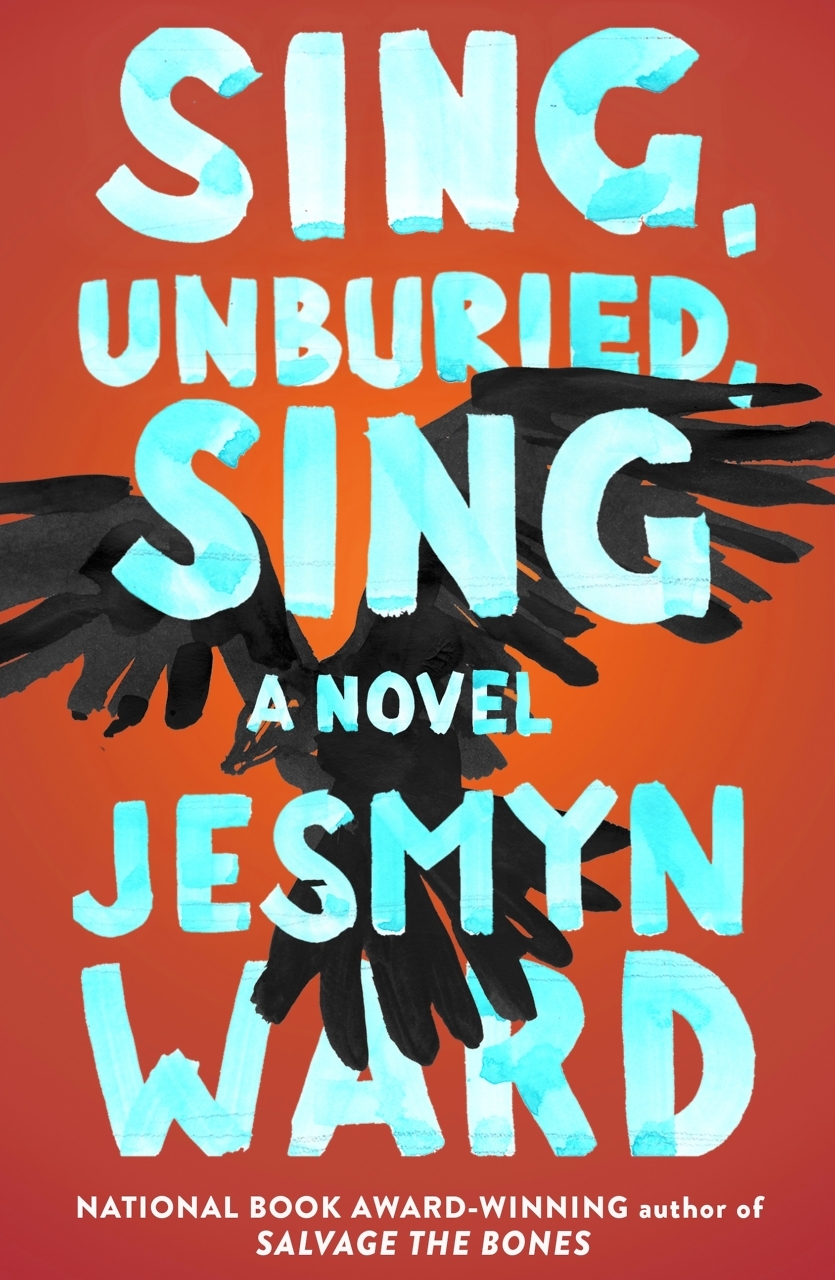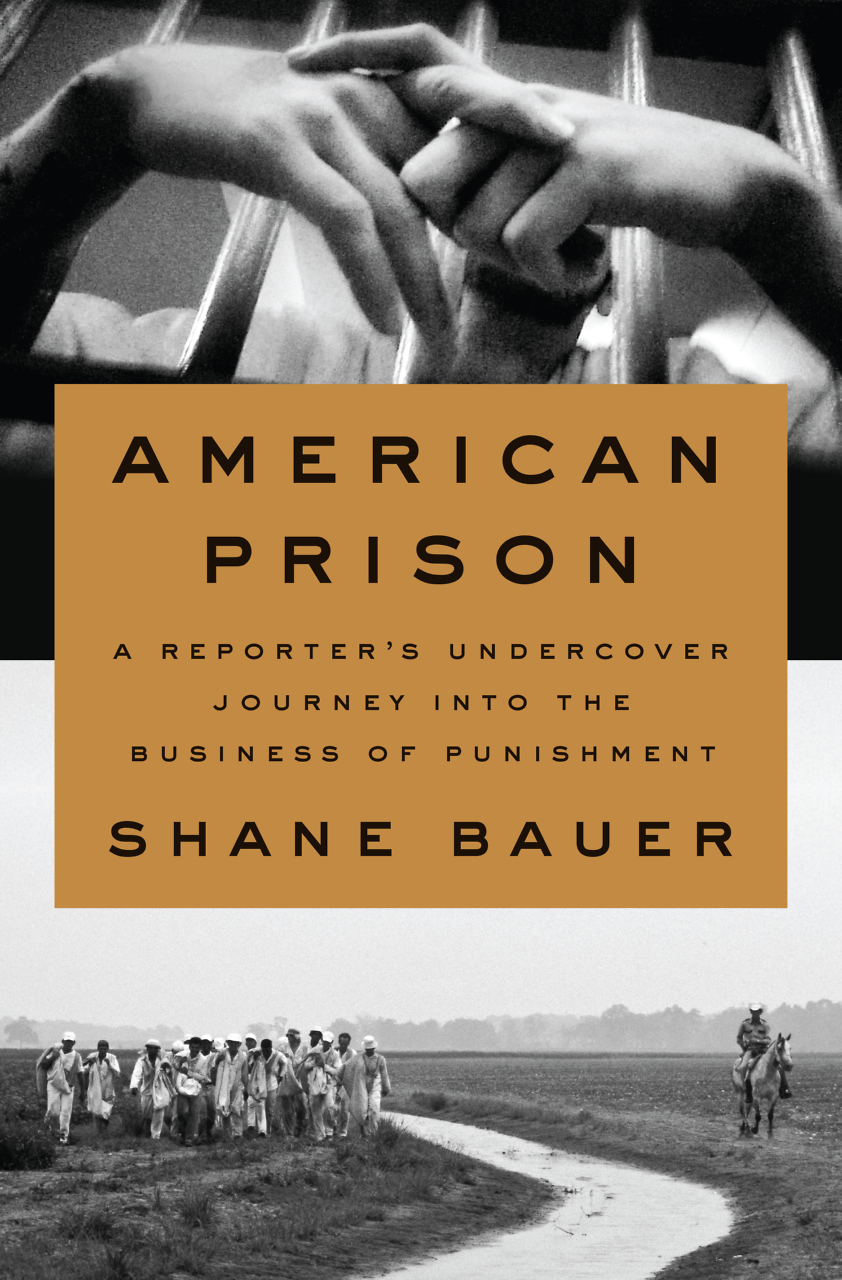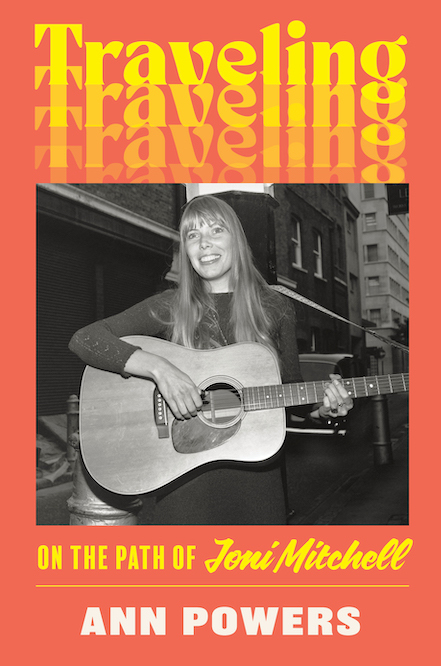Into the Breach
Adam Hochschild argues that the Spanish Civil War was one of the first great populist causes
Earlier this year John McCain, a Republican senator from Arizona who was shot down and imprisoned by North Vietnam in 1967, wrote an op-ed piece in The New York Times in praise of a communist named Delmer Berg. But Berg, who died in March, was not just any old red—he was the last surviving member of the Abraham Lincoln Brigade, a ragtag assortment of Americans who volunteered to fight in the Spanish Civil War in the 1930s.
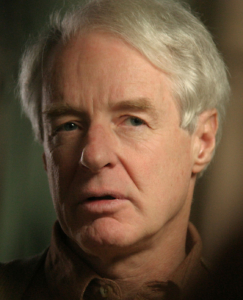
Berg passed away in near obscurity, Senator McCain noted, in part because the Spanish Civil War itself exists on the murky fringe of most Americans’ historical consciousness—those who know anything about it probably remember it chiefly as the setting for Ernest Hemingway’s novel For Whom the Bell Tolls.
What made Senator McCain’s appreciation striking was not that the fact that a man who had been tortured by communists was, nearly fifty years later, praising a communist. Rather, the surprising thing was how natural and unsurprising his appreciation seemed. That Berg was a communist was, to Senator McCain, a separate thing from his desire to fight for freedom in a far-off land. Even his political views, in the moment, were less outside the mainstream than they later became: there was a time when communism seemed, if not as American as apple pie, at least an extension of American values of community and freedom—wrongheaded, perhaps, but during the 1930s millions of Americans lost faith in the free market amidst a global depression.
As Adam Hochschild argues in his compelling new book, Spain in Our Hearts, the Spanish Civil War was one of the first great populist causes. In 1936 General Francisco Franco, a far-right acolyte of fascist movements in Italy, Germany, and elsewhere, launched a rebellion from Spanish possessions in North Africa against its democratically elected republican government in Madrid, and within weeks his forces had swept vast sections of the country’s western territory. By the end of the year, Franco’s soldiers, along with the wealthy landowners and local priests who supported them, had rounded up and killed thousands of people suspected of pro-government sympathies.
Franco couldn’t have managed it alone; lucky for him, Nazi Germany and fascist Italy were happy to help. Both countries were in the midst of rearming and were eager to demonstrate their new military might. Hitler’s transport planes carried Franco and his men from Morocco to southern Spain; Mussolini’s navy formed a blockade around republican-held ports on the Mediterranean. The republic, led by a coalition of moderates, communists, and anarchists, turned to Moscow for help, but Stalin refused to match Hitler and Mussolini, and what little support he did send was whittled away by Italian ships and an embargo along the French border.
Into the breach stepped the international volunteers. Although Hochschild’s book focuses on the American contribution, they poured in from all over—France, England, Eastern Europe. They came by the thousands, oftentimes defying their home country’s ban on travel to Spain. Most made the deadly trek across the Pyrenees Mountains from France; many didn’t make it.
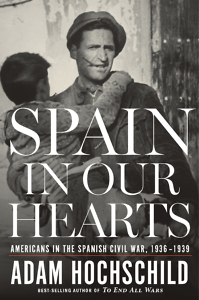 One of Hochschild’s main characters, Bob Merriman, a doctoral student in economics from Berkeley who was living in Moscow at the time, had an easier trip than many, arriving by train. Once there, though, he fell into a morass of ideological politics almost as dangerous as the war itself—communists loyal to Stalin versus anarchists loyal to no one. This internal conflict frequently turned lethal, but even in its more pacific moments it undermined the “united front” the republic desperately needed to defeat Franco.
One of Hochschild’s main characters, Bob Merriman, a doctoral student in economics from Berkeley who was living in Moscow at the time, had an easier trip than many, arriving by train. Once there, though, he fell into a morass of ideological politics almost as dangerous as the war itself—communists loyal to Stalin versus anarchists loyal to no one. This internal conflict frequently turned lethal, but even in its more pacific moments it undermined the “united front” the republic desperately needed to defeat Franco.
With the international fascist war machine behind him, Franco was probably destined to win the war. But the course of the war is less interesting to Hochschild than the motives driving the men who joined. Few of them were dedicated communists; even Merriman was what they once called a “fellow traveler.” Instead, like Robert Jordan in Hemingway’s novel, they joined for more romantic, idealistic reasons—the conviction that, after a senseless world war and a catastrophic depression, here, finally, was something worth fighting for: a democratically elected republic in a country long dominated by oppressive monarchists. Here was a chance to stand for freedom, even if it proved a hopeless cause.
Hochschild’s highly readable book is not, as he makes clear early on, a history of the Spanish Civil War. Though he touches all the highlights—Picasso’s “Guernica,” Hemingway’s tour to the front, George Orwell’s foray into Catalonia—he is telling a character-driven story. In the sections on Merriman, it is a love story: he had married his college sweetheart, Marion, and the two were living in Moscow when he decided to volunteer. For others, it was about career advancement—Louis Fischer, a respected international correspondent, traveled to Spain to cover what he figured was the story of a lifetime. Still others, like Torkild Rieber, the head of Texaco and a key source of oil for Franco’s war machine, saw the conflict as a way to get rich (or richer). And still others—maybe all those involved, in their own way—saw the civil war, in all its horror, as merely a warmup for something even more terrifying to come.

Nashville native Clay Risen is the author of A Nation on Fire: America in the Wake of the King Assassination and American Whiskey, Bourbon and Rye: A Guide to the Nation’s Favorite Spirit. His new book, The Bill of the Century: The Epic Battle for the Civil Rights Act, appeared in spring 2014. He lives in New York, where he is a senior editor at The New York Times.
